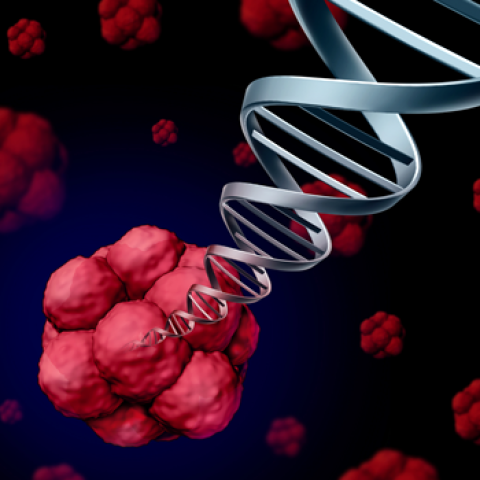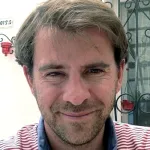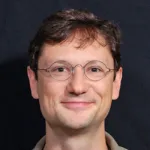Interdisciplinary Initiatives Program Round 8 - 2016
Jan Skotheim, Biology
Marius Wernig, Pathology
Stanley Qi, Bioengineering
Pluripotent stem cells hold great promise for medicine because they can be propagated to virtually unlimited numbers and can generate any disease relevant cell type. Better understanding of the connection between the cell division cycle and pluripotency may aid in reprogramming cells to disease relevant cell types to facilitate their application for regenerative medicine. Cell division is phenomenologically linked to the pluripotent state of embryonic stem cells (ESCs). ESCs do not require the typical growth factor signaling to divide and divide very rapidly. This suggests that the pluripotent state promotes rapid cell cycle progression. Conversely, rapid cell division cycles can promote transitions to a pluripotent state during somatic cell reprograming. This correlation between pluripotency and rapid cell cycle progression suggests that these two processes are mechanistically linked. However, the mechanisms are unknown. Here, we aim to discover the molecular mechanisms linking the cell division cycle with pluripotency. In addition to representing an important advance in basic biological sciences, our mechanistic insight may facilitate propagation and lineage differentiation of ESCs in vitro for regenerative medicine.
This work brings together researchers across three schools (Humanities and Sciences, Medicine, and Engineering) to tack a question in basic stem cell biology by developing new technology. Our team and project fits well within the mission of Bio-X to catalyze discovery through interdisciplinary solutions and ‘to create new knowledge of biological systems, in benefit of human health’.




